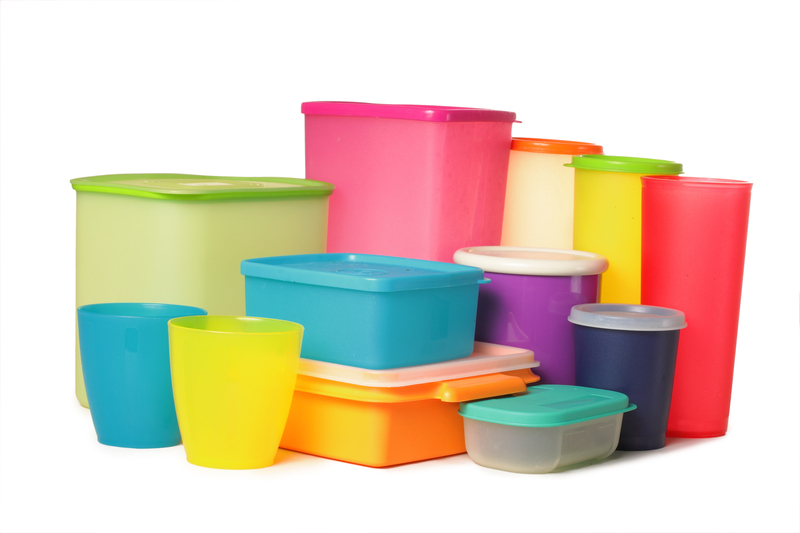Informative Glimpses into Glass Recycling
In an era of increasing environmental awareness, glass recycling has become an integral part of sustainable living. As one of the most common materials used in packaging, the efficient recycling of glass can significantly contribute to environmental conservation. This article delves into the nuances of glass recycling, offering informative insights into its process, benefits, and challenges.
Understanding the Recycling Process
What is Glass Recycling?
Glass recycling refers to the recovery and reprocessing of waste glass products. The primary aim is to transform used glass items into reusable materials, thereby reducing the demand for raw resources. Unlike many other materials, glass is 100% recyclable and can be recycled indefinitely without loss of quality or purity.
The Step-by-Step Process
- Collection: Glass products are collected from various sources, including households, businesses, and recycling centers.
- Sorting: At recycling facilities, glass items are sorted by color as different colors are recycled separately to maintain quality.
- Cleaning: The sorted glass is cleaned to remove impurities and contaminants such as paper labels and metal caps.
- Crushing and Milling: Cleaned glass is crushed and milled into small pieces known as cullet. Cullet is a crucial raw material for glass manufacturing.
- Melting and Molding: The cullet is melted in high-temperature furnaces and molded into new glass products.

The Multifaceted Benefits of Glass Recycling
Recycling glass offers a plethora of environmental and economic benefits:
- Energy Conservation: Recycling glass saves significant energy compared to producing new glass from raw materials. For every ton of recycled glass used, energy consumption drops by roughly 25-30%.
- Reduction in Raw Material Usage: Each ton of recycled glass saves approximately 1.2 tons of raw materials required for creating new glass.
- Lower Emissions: The process of recycling glass emits less CO2 and nitrogen oxide. A reduction in emissions contributes to the decrease of air pollution.
- Minimizing Landfill Waste: Recycling diverts significant amounts of glass from landfills, addressing issues related to overfilled waste disposal sites.
Challenges and Solutions in Glass Recycling
The Challenges Faced
Despite its advantages, the glass recycling process is not without challenges:
- Contamination: Non-glass materials mixed in recycling bins can contaminate and degrade the quality of the recycled glass.
- Sorting Efficiency: Sorting glass by color can be labor-intensive and necessitates advanced technology.
- Economic Viability: The value derived from recycled glass may sometimes be lower than the cost of collection and processing.
Proposed Solutions
To combat these challenges effectively:
- Improved Public Education: Raising awareness about proper glass recycling habits can reduce contamination levels.
- Technological Advancements: Investing in automated sorting technologies can enhance sorting accuracy and efficiency.
- Innovative Recycling Systems: Developing more economically viable recycling infrastructures helps balance cost and benefits.
The Future of Glass Recycling
As the world becomes increasingly environmentally conscious, the future of glass recycling shines bright. There is ongoing research aiming to make glass recycling even more efficient and widespread. Emerging technologies such as AI-driven sorting robots and alternative applications for recycled glass, such as construction materials, paint additives, or sandblasting grit, are paving the way for an innovative recycling landscape.

The Global Perspective
Countries worldwide are stepping up their glass recycling initiatives. In European nations, recycling rates often exceed 70%, supported by stringent policies and effective public collaboration. These nations exemplify the potential success of innovative recycling frameworks.
Key Takeaways
In conclusion, glass recycling is not just an eco-friendly initiative but a vital step towards a more sustainable future. Through understanding its process, recognizing its benefits, addressing challenges, and continuously evolving practices and policies, we can make glass recycling a commonplace and natural action within our communities. By doing so, we leave a greener planet for future generations.
For individuals interested in contributing to sustainable practices, remember that every glass bottle or jar you recycle is a step toward a better planet. Let's embrace glass recycling for a cleaner, greener tomorrow.